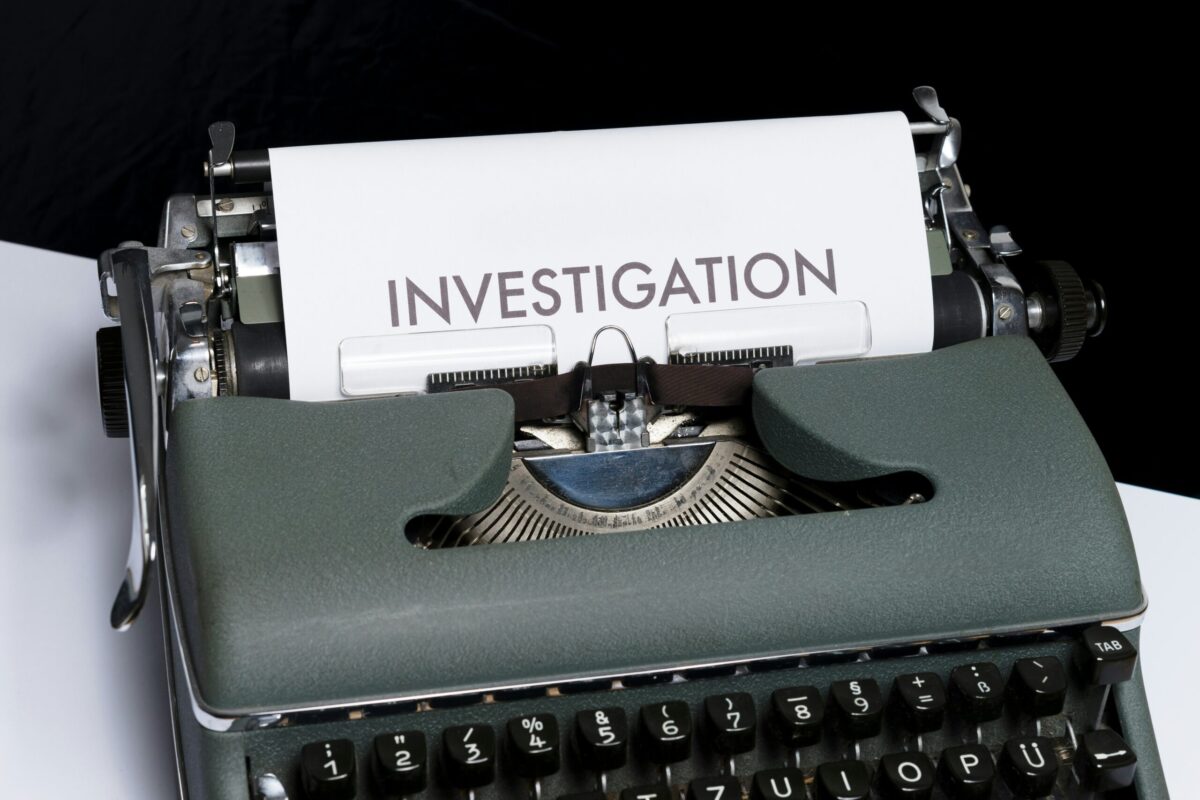Argentina’s Chamber of Deputies has approved three draft resolutions to investigate the growing scandal around the Libra cryptocurrency.
This includes setting up a special commission, summoning top government officials for questioning, and requesting detailed information from the national government.
The move follows serious concerns about President Javier Milei’s involvement in promoting the controversial crypto token, which suffered a major collapse earlier this year.
On 8 April, the Chamber of Deputies voted to create an investigative commission to look into the Libra cryptocurrency case. The vote passed with 128 in favour, 93 against, and seven abstentions.
In addition to the commission, deputies approved the decision to summon several executive branch officials for questioning, with 131 votes in favour and 96 against.
Those invited to testify include Chief of Staff Guillermo Francos, Minister of Economy Luis Caputo, Minister of Justice Mariano Cúneo Libarona, and Roberto Silva, the head of Argentina’s National Securities Commission (CNV).
The Chamber also agreed to request detailed reports from the Executive branch regarding various issues tied to Libra. This decision passed with 135 votes in favour, 84 against, and 7 abstentions.
During the debate, Representative Pablo Juliano from the Democracy Forever party said it was essential for Congress to act. “The time has come for Congress to audit whether there is any harm to Argentina: we are committed to the truth”, Juliano said.
However, not all representatives supported the move. Nicolás Mayoraz from the ruling La Libertad Avanza (LLA) party opposed the creation of the commission, claiming it was an “attempt to interfere in the judiciary”.
Mayoraz argued for “respect for the division of state powers” and said his bloc had proposed a rejection ruling, believing the commission overstepped its authority.
On the other hand, Representative Oscar Agost Carreño from Encuentro Federal defended the initiative, stating, “It is our duty to demand political explanations; to comply with democratic rules so that they can survive and build a network of trust”.
Karina Banfi from the UCR party also backed the investigation, revealing that both national and international justice systems are now examining the Libra case. “We are committed to strengthening the Republic with laws that effectively change people’s lives,” she said.
Maximiliano Ferraro from the Civic Coalition added that it was Congress’s responsibility to find out the truth. “Society has the right to know the truth, and this Congress, and each of us, has the duty to demand and investigate it”, Ferraro said.
Union for the Homeland representative Germán Martínez also emphasised the importance of Congress taking action. “We have the opportunity to make a statement from the Argentine Congress. In a global moment like the one we are experiencing, we must ensure that politics does not become unfocused”, he said.
The leader of the ruling party La Libertad Avanza, Gabriel Bornoroni, closed the debate by dismissing the opposition’s actions as a spectacle. “All the opposition is doing is creating a show we’re used to”, he said.
He added, “They’re bothered by the fact that we had a fiscal surplus throughout 2024, and this year as well. They’re bothered by the fact that inflation continues to fall every month”.
The events leading to the Libra investigation
The Chamber’s decision to investigate comes almost two months after President Javier Milei promoted the Libra cryptocurrency on his official X account.
In his post, Milei described Libra as “a private project dedicated to encouraging the growth of Argentina’s economy by funding small businesses and startups”, and shared a link to the project’s smart contract.
Following the post, the Solana-based memecoin’s value surged, reaching a market capitalisation of $4.5 billion.
However, the success was short-lived. Within hours, the token’s value plummeted by more than 90% after alleged insider sell-offs, causing massive financial losses for investors.
Milei quickly deleted his post and distanced himself from the project, stating, “I had no knowledge of the project’s details, and my promotional tweets were deleted”.
Despite Milei’s claims, the damage had already been done. Approximately 75,000 wallet holders reportedly lost over $250 million between 14 and 15 February. Two days after the crash, fraud charges were filed in an Argentine criminal court.
Adding further controversy, Kelsier Ventures — the company behind Libra — came under investigation. In March, an Argentine lawyer requested the arrest of the CEO of Kelsier Ventures, Hayden Davis, accusing him of pitching the project directly to Milei during a meeting in January.
The Libra scandal has also caught international attention. A New York-based law firm recently began gathering investors for a potential lawsuit against those involved in the project.
This marks Milei’s second major brush with controversy in the crypto world. In 2022, investors had already sued him for promoting CoinX, a crypto investment platform that promised high returns but ultimately failed.
Possible impacts on Argentina’s crypto future
The Libra collapse has triggered wider concerns beyond the immediate political scandal. CoinMarketCap data shows that Libra’s trading volume has now dropped by 59.62%, standing at around $8.77 million.
Its market capitalisation has plummeted to approximately $13.66 million, reflecting a 94.45% drop in value over the past two months.
The scandal has also reopened debates about political figures engaging with unregulated digital assets, especially in Argentina — a country already dealing with high inflation and economic instability.
Research suggests that the outcome of the investigation could lead to stricter crypto regulations in Argentina. If new rules are introduced, they could impact future cryptocurrency projects and investor confidence in the country’s digital asset market.
Meanwhile, public anger over the Libra collapse continues to grow. More than 100 criminal complaints have been filed, citing fraud, market manipulation, and breach of public trust.
Opposition figures, including former President Cristina Kirchner, have even nicknamed the event “Cryptogate”, highlighting its political seriousness.
There are also growing calls for President Milei’s impeachment among opposition parties. Political analyst, Diana Moreno, commented, “This controversy questions the government’s ability to manage the country’s financial future and the trust it can inspire among citizens”.
Immediate legal risks are also mounting. An Interpol red notice request has been filed against Hayden Davis. Kelsier Ventures faces accusations of market manipulation and defrauding investors, putting further pressure on Milei’s administration to clarify its links to the company.
Alongside the Libra scandal, during the special session, the Chamber of Deputies also passed a draft request for reports on public works and approved a motion to refer the Disability Emergency issue to the Budget and Finance Committee.
Additionally, a motion to discuss bills related to the pension moratorium will be taken up in joint plenary sessions of the Social Security and Budget and Finance Committees.
As the investigation into the Libra scandal unfolds, both Argentina’s political climate and its approach to cryptocurrency regulation are likely to face significant changes.


